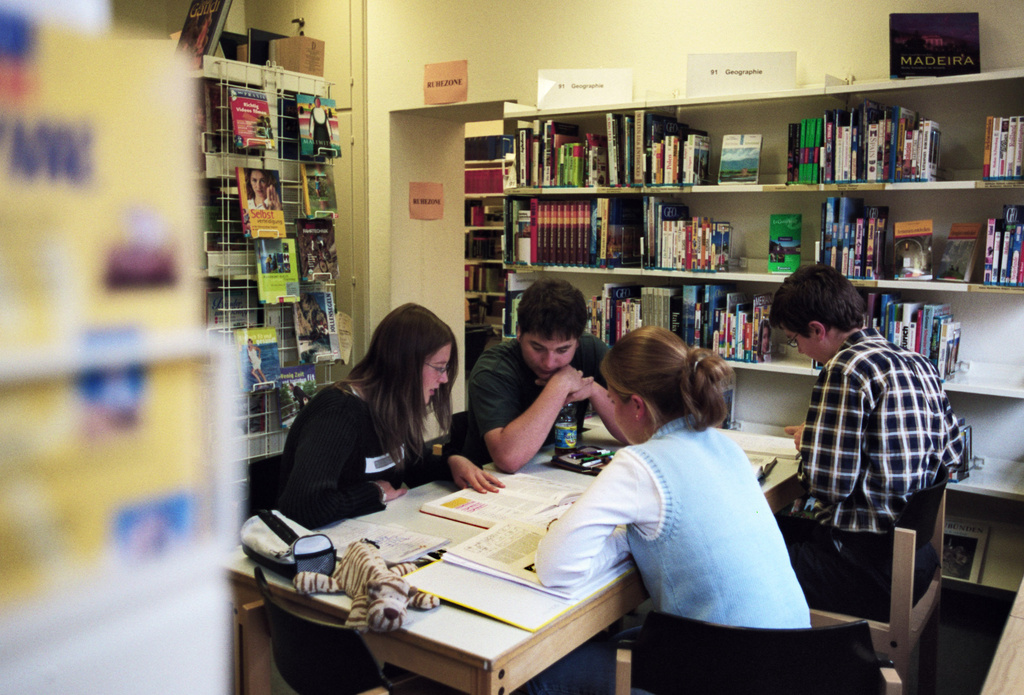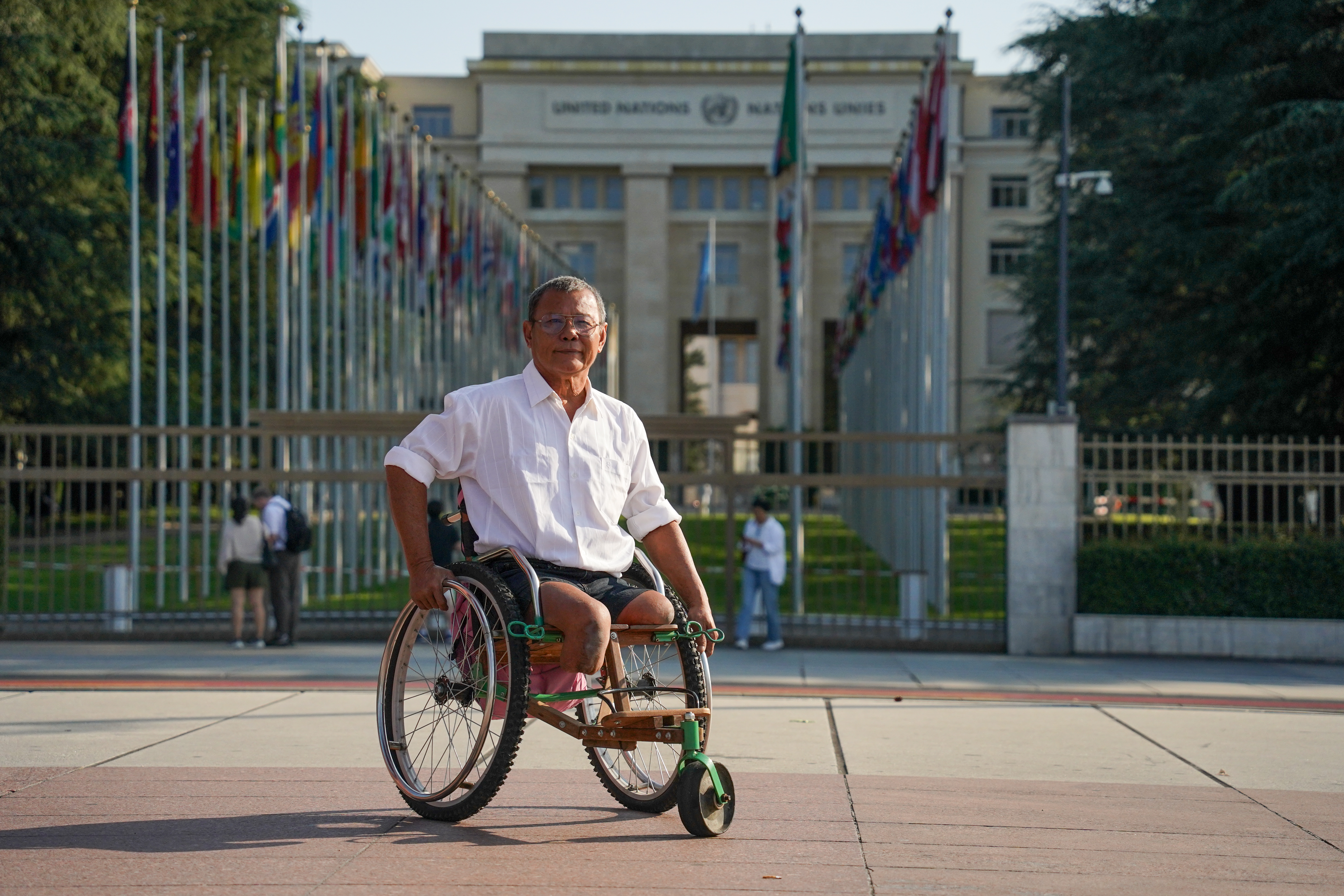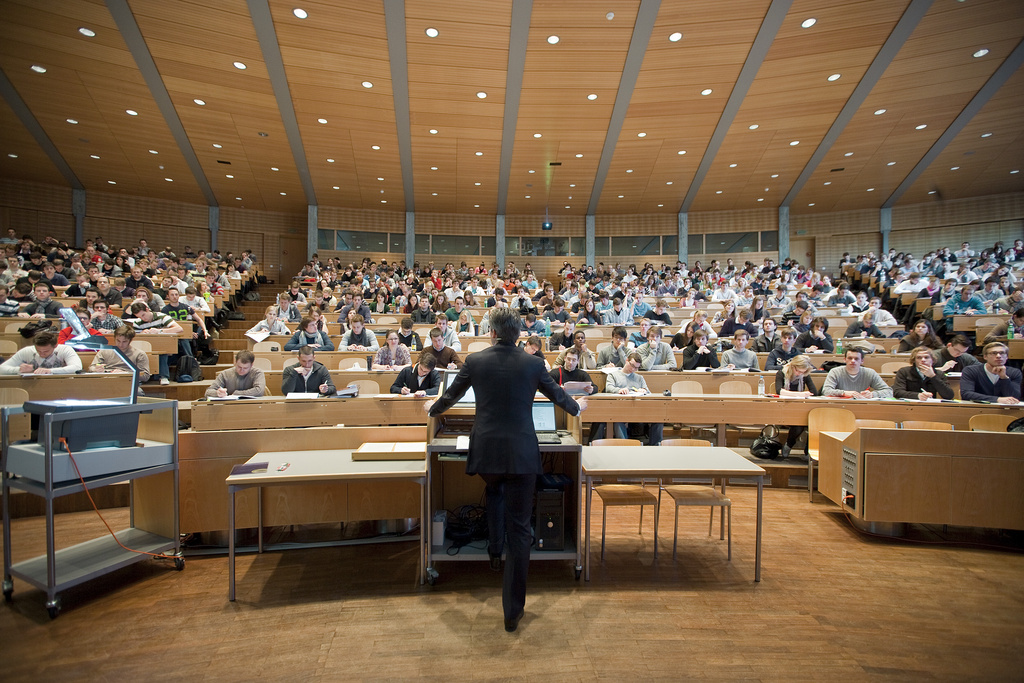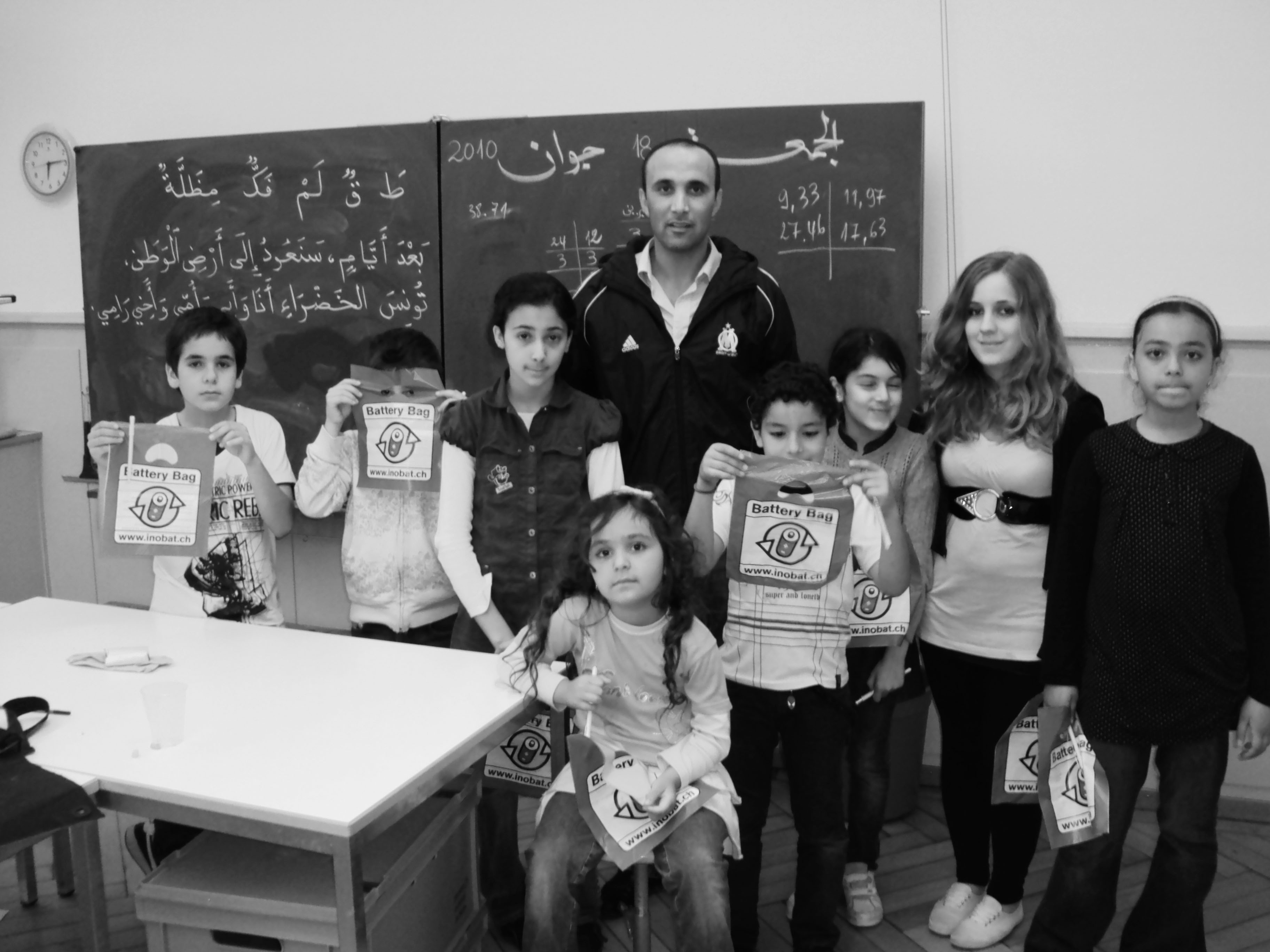
Foreign families trust Swiss boarding schools

Switzerland has a long tradition of hosting boarding schools. Today they attract mainly foreign students whose families appreciate this elite form of education.
There are some 100,000 students enrolled in private Swiss schools, according to the Swiss Federation of Private Schools (SFPS). They come from all over – in particular Russia, Germany, France, Britain and the United States, as well as Switzerland.
Within the boarding schools, about 80 per cent of the students are foreign and the rest Swiss, says Isabelle Montandon, a spokeswoman for the SFPS. She notes that to foster diversity, some schools have quotas to limit the number of students coming from any one country.
Certain schools have an even higher percentage of international students.
“In this period of globalisation I would say that the international environment is very popular. Some 95 per cent of our students are from abroad. That’s the main difference between our schools and British boarding schools, where you have 80 per cent Brits and 20 per cent foreigners,” said Christophe Clivaz, the director of Swiss Learning.
The Geneva-based organisation promotes a dozen of Switzerland’s leading boarding schools, where about 120 nationalities are represented.
“We have very strict criteria for membership. Schools have to have been established prior to 1960; they must be fully accredited by the cantons and international organisations; and they have to have more than 150 boarders,” Clivaz told swissinfo.ch.
Why Switzerland?
In total there are about 110 boarding schools in Switzerland. The range of programmes and school settings is vast.
“In Switzerland you will always find the right programmes for the kids – international baccalaureate, British A-levels, German matura,” said Clivaz, citing Switzerland’s multilingualism as another attraction.
Montandon agrees, noting that “the students are coached by their teachers and have very good supervision. Foreign families trust Switzerland as a top educational country.” In addition, the location in the middle of Europe, the safety and stability of the country and the beautiful landscape add to the appeal.
Richard Rorvig, councillor for political and economic affairs at the US Embassy in Bern, finds that international schools make a lot of sense for expat families. He has two sons and has sent them to schools in Poland, Germany, Romania and Switzerland.
“When children go to a new country, it’s hard to make friends. But it’s easier among international students who are used to it,” Rorvig told swissinfo.ch. His youngest son has just graduated from The American School in Switzerland (TASIS) near Lugano. With his diploma from there, he can now apply to any college or university.
Rorvig was very pleased with the school: “The facilities are beautiful, and it’s like a miniature United Nations – the kids are from everywhere.” One year his son had roommates from Italy, Mexico and Russia.
This chance to get familiar with other cultures is important, finds Montandon, pointing out that families also appreciate it when schools offer a large selection of cultural and sports activities, as well as the opportunity for the children to travel.
“For parents it is very important that the personal needs of the child are attended to – he or she needs to feel privileged. School staff members regularly invest their time in extracurricular activities such as museum visits,” Montandon told swissinfo.ch.
Choosing a school
There are a few things families should keep in mind when choosing a school, according to Clivaz.
“The first thing to do is ask which programme they want to follow and if there are any second-language requirements. If they want to learn French, they should go to the French-speaking part of Switzerland. Then you can narrow it down to three or four schools,” he said.
After that, it’s time to get acquainted with the individual schools.
“It’s very important for the parents and the kids to visit the schools – because they’re all completely different. You have schools with 2,000 kids that are 20 minutes away from Geneva, and then you have a mountain school in Villars that has 180 kids. So some students fit better into one school than the other,” Clivaz said.
The demand for boarding schools is not so high among Swiss families. According to Montandon, this is because they generally find the desired educational opportunities closer to home – and these cost much less than a boarding school. Swiss boarding school fees range from SFr20,000-90,000 ($25,000-112,500) per year.
However, one-year and summer courses remain popular with Swiss students, who might combine the opportunity with intensive language learning in another part of the country.
“Swiss families like to send their children to ‘summer camp’, where they can participate in numerous sports and get to know children from all over the world,” Montandon said.
The future
According to Clivaz, some boarding school trends for the future include “studying outside of the box and not just in the classroom, and discovering the world that is around us”. He also finds it important to integrate the latest technology into education.
Along with the headmasters of SFPS schools, Montandon is convinced that the future of boarding schools in Switzerland is fairly bright.
“Boarding schools are very popular with international clients and there will always be parents who want their children to attend a Swiss boarding school,” she said, citing “Swissness” as a factor that would likely keep the tradition alive.
Madeleine Albright, former US Secretary of State
(Institute Prealpina, Chexbres)
John Kerry, US Senator
(Institut Montana, Zugerberg)
Nicolas Negroponte, founder of the MIT Media Lab
(Institut Le Rosey)
Sean Lennon, musician
(Institut Le Rosey)
Carla Bruni Sarkozy, France’s first lady (Château Mont-Choisi, Lausanne)
Dodi Fayed, Princess Diana’s partner (Institut Le Rosey)

In compliance with the JTI standards
More: SWI swissinfo.ch certified by the Journalism Trust Initiative








































You can find an overview of ongoing debates with our journalists here . Please join us!
If you want to start a conversation about a topic raised in this article or want to report factual errors, email us at english@swissinfo.ch.